Embarking on the exciting journey of starting your own business can be life-changing. Let’s talk about something crucial for your success in this digital era – SEO and online marketing. Now that you’ve built an amazing product or service that solves a real problem, how will people find out about it? That’s where SEO and online marketing come in.
So, if you’re wondering why you need to care about all this marketing stuff – the answer is simple. Implementing effective SEO and online marketing strategies can make all the difference in giving your startup the spotlight it deserves. So, whether you’re a tech startup, an e-commerce venture, or a trendy new service provider, understanding and utilising SEO and online marketing is essential to stand out in the ever-expanding digital arena.
Setting up a strong foundation
Laying a solid foundation is crucial for your journey. Think of it as building a sturdy house to support all your marketing efforts.
Marketing strategy
Take a moment to define your target audience – who are the people most likely to benefit from your product or service? Once you’ve got that down, set some goals. What do you want to achieve with your marketing efforts? More website traffic? Higher conversion rates? Increased brand recognition?
Competitors
Research what others in your industry are doing. What marketing tactics are they using? What makes you unique compared to them? Understanding the competition will help you position your startup in a way that stands out from the crowd.
Unique Selling Proposition (USP)
This is what makes your startup special. What sets you apart from your competitors? Is it exceptional customer service, innovative features, or maybe even a fun brand personality? Figure out your USP and make sure it shines through in all your marketing efforts.
Website Design
Remember, your website is the virtual storefront of your startup. Opt for a responsive design that looks great on any device – desktop, tablet, or smartphone. You want your website to provide a seamless experience for all your visitors.
Speed
Nobody likes waiting for a website to load. It’s like watching paint dry. So, optimise your website speed by compressing images, minimising code, and leveraging caching techniques. A snappy website will keep your visitors happy and engaged.
Ease of navigation
Think about it – when you walk into a shop, you don’t want to feel lost or confused. The same goes for your website. Ensure your visitors can easily find what they’re looking for. Intuitive navigation and a clear website structure will guide them to the information they need.
Calls to action (CTAs)
These are like little signposts that tell your visitors what to do next. “Buy Now,” “Sign Up,” or “Learn More” – make your CTAs clear, visually appealing, and strategically placed throughout your website.
Craft descriptive meta tags for your web pages, create user-friendly URLs and optimise your headings with relevant keywords. These small tweaks can make a big difference in how search engines perceive and rank your website.
Keyword research and optimisation
What are keywords? Well, they connect your target audience with your content. These are the words and phrases people type into search engines when they’re on the hunt for something specific. Your goal is to find the right keywords that align with your startup and its offerings.
To uncover those precious keywords, you need to play detective. There are handy keyword research tools out there, like Google Keyword Planner. So, put yourself in your audience’s shoes. What would they search for when looking for a product or service like yours? Use those tools to explore keyword ideas and find out how many people are searching for them. Look for relevant keywords that have a healthy search volume, but be mindful of the competition too. Balancing popularity and competition is the name of the game.
Now, don’t go stuffing your website with keywords like there’s no tomorrow. Search engines have evolved, and they’re all about providing valuable content to users. That’s where the art of keyword optimisation comes into play.
Meta descriptions and image alt tags may sound like fancy terms, but they’re helpful for your keyword optimisation. Craft compelling meta descriptions that entice users to click through to your website. And when it comes to images, use descriptive alt tags that not only help with accessibility but also provide search engines with more context about your content.
Another trick up your sleeve is internal and external linking. Internally, link relevant pages of your website to each other. It helps search engines understand the structure of your site and boosts user navigation. Externally, link to reputable sources and industry influencers. It shows search engines that you’re connected to the larger web and provides additional value to your readers.
Content marketing and blogging
Content marketing is like a digital megaphone for your startup. It’s all about creating valuable, relevant, and shareable content that captivates your target audience. By delivering content that resonates with your readers, you build trust, establish your expertise, and create a loyal following.
It’s essential to develop a content marketing plan. Consider your audience’s interests, pain points, and desires. What kind of content would they find valuable? What topics would spark their curiosity? Dive deep into understanding your audience because they’re the driving force behind your content strategy.
Once you have your audience in mind, it’s time to develop a content calendar. This nifty tool will keep you organised and consistent with your content production. Plan out your topics, set deadlines, and make a commitment to delivering content regularly. Consistency is key to building trust and keeping your readers coming back for more.
Now, let’s talk about the mighty blog. Blogs are crucial for content marketing – they’re versatile, informative, and can take your startup to new heights. First things first, choose a blogging platform that suits your needs. Popular options include WordPress, Blogger, and Squarespace. Pick the one that feels most comfortable and user-friendly to you.
Once your blog is up and running, it’s time to unleash your writing prowess. Write blog posts that educate, entertain, or inspire your readers. But remember, it’s not just about the words you write – it’s about how you present them. Format your blog posts for readability with catchy headlines, subheadings, and bullet points. Break up the text and make it visually appealing to keep your readers engaged.
When it comes to SEO, sprinkle those relevant keywords we talked about earlier into your blog posts. But remember, don’t go overboard with it. Write for your readers first, and let the keywords naturally find their way into your content. Search engines are smart cookies, and they appreciate quality content that provides value to users.
Now, don’t be a hermit and keep your blog posts to yourself. Promote your blog content through social media channels like Facebook, Twitter, and LinkedIn. Leverage the power of email marketing by sending your blog posts to your subscribers. Get creative and explore other platforms where your target audience hangs out, like Reddit, Quora, or niche online communities.
One more thing – encourage engagement. Blogging is not just a one-way street. Encourage your readers to leave comments, ask questions, and share their thoughts. Engage with them by responding to comments and fostering a sense of community. This not only boosts your credibility but also keeps the conversation going and sparks further interest in your content.
Social media marketing
The first step in your social media marketing adventure is identifying the relevant social media platforms for your startup. You don’t have to be everywhere at once. Research where your target audience hangs out and focus your efforts there. Is it Facebook, Instagram, Twitter, LinkedIn, or perhaps a combination of a few? Choose the platforms that align best with your brand and where you can engage with your audience most effectively.
Once you’ve chosen your social media playground, it’s time to develop a killer social media strategy. Think of it as your game plan for conquering the feeds. Start by creating engaging profiles that reflect your startup’s personality and values. Use attention-grabbing visuals, witty bios, and compelling cover photos to make a memorable first impression.
Now comes the fun part – posting content that grabs your audience’s attention and keeps them coming back for more. Share valuable tips, behind-the-scenes sneak peeks, industry insights, or entertaining stories that resonate with your audience. Experiment with different content formats like images, videos, infographics, or even live streams to keep things fresh and exciting.
Remember, social media is all about being social. It’s not just a one-way street of broadcasting your messages. Interact with your audience by responding to comments, asking questions, and encouraging discussions. Show that you genuinely care about their thoughts and opinions. Be authentic, be human, and let your personality shine through.
Online advertising
When it comes to online advertising, there are a couple of powerful options you can explore. Let’s start with the giant of online advertising – Google Ads. With Google Ads, you can choose from various advertising formats, including Search, Display, and Remarketing ads. It’s like having your very own virtual billboard in the vast digital landscape.
Search ads are those little gems that appear at the top of search engine results when people are looking for specific keywords. They’re a fantastic way to capture the attention of potential customers who are actively searching for products or services like yours. Make sure to select relevant keywords, craft compelling ad copy, and direct users to specific landing pages that align with their search intent.
Display ads, on the other hand, are like eye-catching billboards that appear on websites within Google’s expansive advertising network. These visual wonders can help you create brand awareness and reach a wider audience. Design captivating ad creatives that grab attention and entice users to click through to your website.
Now, let’s not forget about remarketing ads – a smart tactic that targets users who have previously visited your website. Ever noticed how those ads seem to follow you around the internet? That’s remarketing at work. By keeping your brand in front of potential customers, you increase the chances of converting them into loyal fans.
Social media platforms like Facebook, Instagram, Twitter, and LinkedIn offer their own advertising options. With Facebook Ads, you can create highly targeted campaigns that reach specific demographics, interests, and behaviours. Instagram Ads allow you to captivate your audience with visually stunning creatives in the Instagram feed or Stories. Twitter Ads help you engage with users through promoted tweets or accounts. LinkedIn Ads enable you to target professionals and businesses based on their industry, job title, or company size.
When setting up your online advertising campaigns, it’s essential to define your objectives and budgets. Are you aiming to drive more website traffic, increase conversions, or boost brand awareness? Determine your goals and allocate your budget accordingly. Keep in mind that online advertising can be a powerful tool, but it’s important to monitor your campaigns, analyse the results, and optimise them along the way to ensure you’re getting the best return on investment.
Exploring the world of SEO
We’ve covered a lot of ground, from setting up a strong foundation with a clear marketing strategy and a user-friendly website to the wonders of keyword research, content marketing, social media, and online advertising. You’ve learned how to optimise your website, create engaging content, connect with your audience on social platforms, and amplify your brand through online ads.
But remember, this is just the beginning. The world of SEO and online marketing is ever-evolving, and staying ahead of the curve requires continuous learning, adaptation, and experimentation. Keep exploring new trends, tools, and strategies to keep your startup at the forefront of the digital landscape. And there are digital marketing agencies who are experts in all things online marketing and can help your brand’s personality shine through and create experiences that leave a lasting impression.







